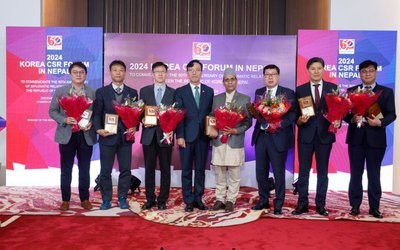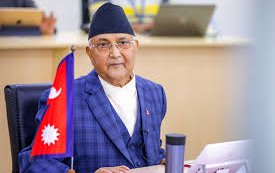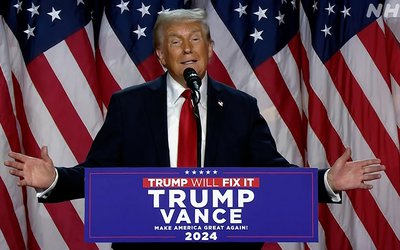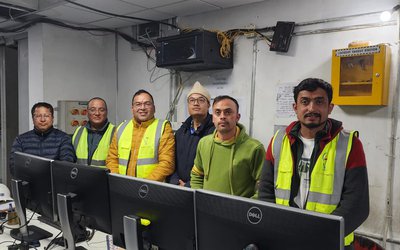The Nepal-India relations are perennially a dominating feature in Nepali politics and media circles. Other professional groups and individuals are no less vocal about the subject. But the more we read and hear about India or even China, the more ignorant we become. Even normal visits by some Indian bureaucrats or academics , let alone the members of policy making staff , trigger debates and hypothetical discussions about the motives of India. Nepali media in particular is replete with possible Indian moves against individuals or parties , considered to be bête noire for Indian interests. And all such stories are not always baseless since India has also shown individual and political preference while making and breaking the governments. Nehru threw his weight against B.P. Koirala in 1951-52 preferring M.P. Koirala. His perception that B.P. was too radical to take together both the Ranas and the King could have been well intentioned but how his comprehension of the unfolding political scenarios proved wrong even after making MP as Prime Minister also needs to be revisited by today's Indian policy makers.
India's permanent and unchanging interests might have prompted the bureaucratic and security establishment in India that any government in Nepal should not try to cross the limits set by geo-political and strategic realities. Some core components of India-Nepal relations ----Indian security interest that all it implies should not be undermined by Nepal. Indians want a guarantee that Nepal's location , all forms of interconnectedness between the two peoples and countries , cannot be compromised in the name of independent foreign policy or the so-called doctrine of non-interference.
It must be admitted with sincerity that India is not an expansionist power as some politicians tend to malign when they fall out of its favour or lack an objective assessment of this regional power. Sikkim cannot be compared with Nepal because of Nepal's own history of an independent nation. Nevertheless, even sovereign independent nation states, big and small, have limitations and are constrained to abide by such compulsions. It is not only concerned with India-Nepal but it is a common phenomenon in today's international politics.
Coming in the wake of Nepal's unsettled political developments and parties' failure to reach a consensus on both domestic and foreign policies , India ,being a close neighbor, wants, if possible, to influence these developments and if not, take measures to neutralizing them. We should also acknowledge the rising aspirations of both India and China , the two Asian powers with eyes on becoming world powers. The overall developmental scenarios in both the countries prompt us to be cognizant of this fact in order to be more smart in adjusting to the changing realities. It can be done by reaching a consensus on certain core areas of national development relating it to the advantages to be accrued to Nepal from China and India. For it, Nepali politicians need to develop their own competence and knowledge about the new regional and global realities. First, they should immediately settle the issues of constitution making, and then start developing cordial and cooperative relations with neighbours thus abdicating past practices of trying to use one neighbor against the other.
The Indian minister of external affairs, SM Krishna, has aptly raised this point while responding to the Nepali side over a luncheon hosted in his honour on April 20th, 2011. Relating to India's pace of development, he said that India wanted a developed and stable Nepal. Projects should be completed without any obstacle. And the Maoist activists are reported to have obstructed the construction of projects undertaken by India. In other meetings too, the minister raised the issue of growing anti-Indian feelings whipped by the Maoists in Nepal. It has been learned that Krishnan was blunt enough to tell the Nepali authorities that either Nepal should assure India of the safety of its embassy and diplomatic staff or should allow it to keep its own security guards. He also complained that a party in government[Maoist] mounts anti-Indian campaign, while the other [CPN(UML)]becomes a silent spectator.
Nepal's security threat is purely internal rather than extra-territorial. No country is secured unless it develops politically, economically and psychologically . Internal development and self-confidence are the preconditions for insuring national security. If Nepal's internal situation worsens every passing day, its neighbours have legitimate concerns about it. India more than China seems to show such concerns, though it alone cannot provide solutions to the multifaceted problems of Nepal. Nepal's own leadership should find solution with the support and sympathy of its neighbours. And India has played the role of a facilitator in the past and is likely to do it again if Nepali side starts developing cordial and cooperative relations with it ( India). Indian policy makers should also understand the changed political context of Nepal by encouraging major political forces to move towards peace, democratic stability and development.
Please type your text here.
- SWISS SUPPORT: Construction Of A Trekking Trail In Koshi
- Dec 19, 2024
- PM OLI'S VISIT TO CHINA: BRI Agreement
- Dec 16, 2024
- RASUWAGADHI AND SANJEN: Begin Generation
- Dec 03, 2024
- NEPAL, INDIA ELECTRICITY TRADE Nepal's Advantage
- Dec 02, 2024
- PM Oli'S VISIT TO CHINA: Nepal's Dilemma
- Dec 01, 2024














